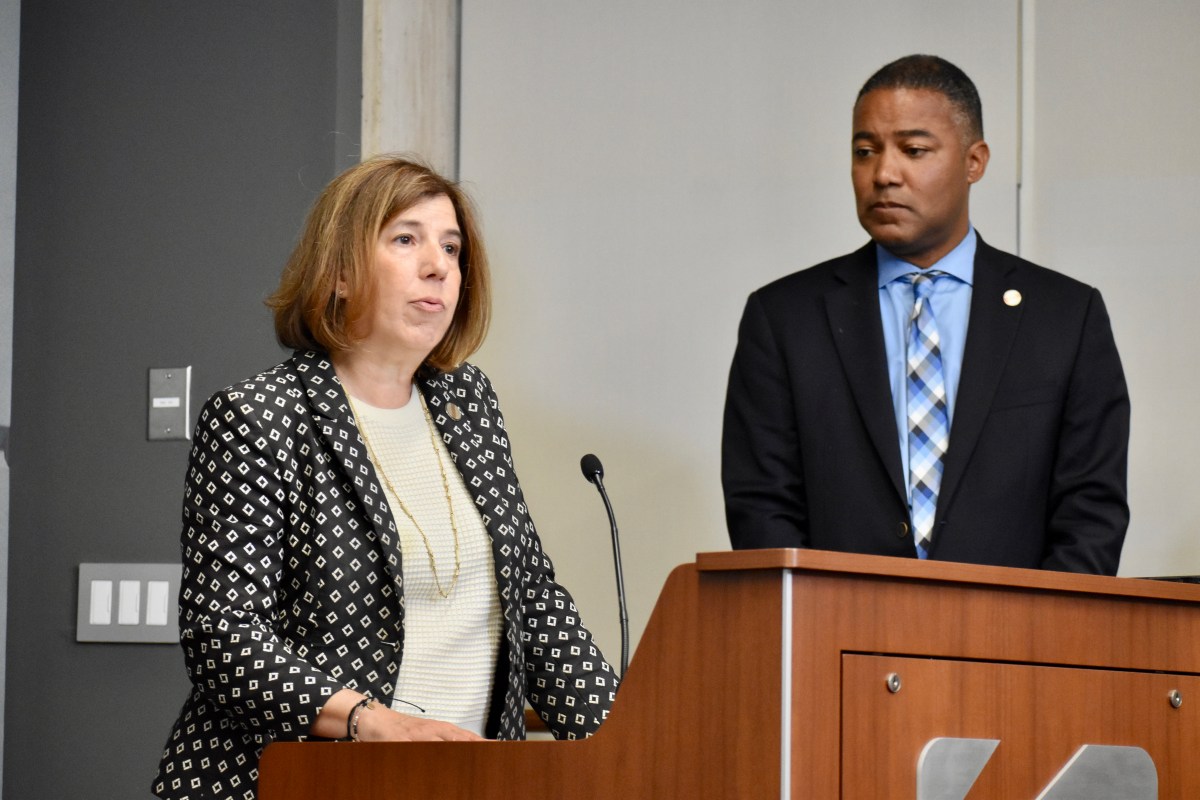TORONTO (Reuters) – Medecins Sans Frontieres (MSF) is designing a 400-bed facility for homeless people in Toronto in its first Canadian project, a top official said on Tuesday, prompted by the risks posed by the coronavirus to vulnerable sections of society.
MSF’s move comes as advocates are calling for faster action to prevent the spread of the virulent respiratory virus among a population uniquely at risk of being infected and infecting others.
“Rarely do we consider actually doing operations in the context where there are healthy, functional health systems and standards of living are generally high,” MSF Canada’s executive director, Joseph Belliveau, told Reuters. “But COVID is changing the playing field.”
A spokeswoman for Inner City Health Associates, which will provide clinical services at the facility, said it would be up and running in about 10 days. The city and province of Ontario are sharing the cost, which has yet to be determined.
MSF is sharing its expertise with local health workers to design the coronavirus facility for the homeless, Belliveau said. The group is also considering taking on projects with other vulnerable populations in Canada – indigenous communities and the elderly in long-term care facilities, which have been hardest hit by COVID-19, the disease caused by the novel coronavirus.
Thirty homeless people in Toronto have already tested positive for COVID-19, including 11 people in a shelter specifically for refugees, the city said on Tuesday. The death toll in Canada from the coronavirus outbreak reached 823, according to latest government data.
Homeless individuals cannot meet the demands of physical distancing. They share washrooms and sleep on bunk beds or mats inches away from one another, making contagion likely. They also often suffer underlying medical conditions that make the illness more serious when it does break out.
A study by Health Providers Against Poverty found Toronto’s shelters were staffed by workers who often lack basic personal protective equipment, making them more likely to be infected and infect others.
“This is a public health emergency on top of a public health emergency,” said Janice Abbott, chief executive of Atira, which works with homeless and at-risk women in Vancouver.
With coffee shops and 24-hour fast-food restaurants, where those without homes often spend time, shut down to prevent the spread of the coronavirus, some doctors are keeping homeless people longer in emergency rooms, putting a greater burden on already stretched hospitals, said Toronto doctor Kate Hayman.
“For many, many years, we’ve been discharging people into homelessness without hesitating. And homelessness is a life-threatening condition. But with COVID, homelessness has become acutely a life-threatening condition,” she said.
Toronto, Canada’s most-populous city, has placed just over 6% of its more than 7,000 homeless people in hotel rooms, a city spokeswoman said in an email. That is not enough, said family physician Samantha Green, who helped author the study that found unsafe conditions in many city shelters.
“They need to move much, much, much faster. … These are extraordinary times and the city needs to be taking extraordinary measures.”
(Reporting by Anna Mehler Paperny; Additional reporting by Rod Nickel in Winnipeg, Manitoba; Editing by Denny Thomas and Peter Cooney)























